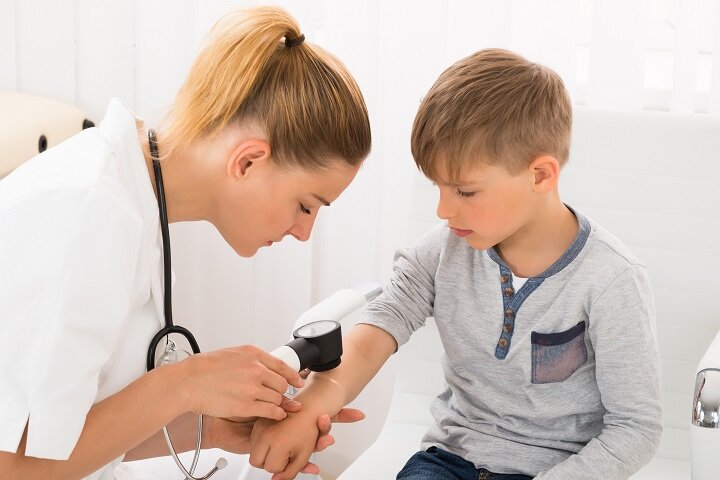Why Skin Testing Is Necessary for Allergy Treatment?
Sneezing, itchy noses, and red, watery eyes are just a few of the symptoms that plague millions of allergy sufferers in the United States. You may have had these symptoms and tried a variety of over-the-counter allergy medications to no avail. If you're in this circumstance, working with a specialist to figure out what's causing your allergies is an excellent option. This will aid treatment and provide you with much-needed respite. Learn why allergy testing is such a critical aspect of diagnosis.
What is the purpose of skin testing?
At OKOA, we employ skin testing to figure out what's causing your symptoms. We can guarantee you that you have nothing to be concerned about. Skin testing is a painless, effective, and safe procedure. When you experience symptoms that indicate you may have an allergy, making an appointment with an allergist is one of the best things you can do to get your allergies under control and relieve your symptoms.
What is the purpose of skin allergy testing?
Skin allergy testing might help you figure out how sensitive you are to certain allergens. Based on a variety of factors, including your symptoms and information about the area where your symptoms occur, your provider will select particular allergens to test you for. Food, outdoor allergens, interior allergens, insects, and some drugs can all be tested with a skin allergy test.
What should you expect if you have a skin allergy test?
Skin testing, often known as a skin prick test, is exposing you to probable allergens and watching for an allergic reaction. Children and adults are generally safe when it comes to skin tests. However, if you've ever had a serious or life-threatening reaction to a chemical, you should tell your allergy doctor. This could suggest that even a small amount could be harmful.
Your doctor will prick your skin with a little amount of different allergens and watch for a reaction during a skin allergy test. Up to 40 different drugs may be used by your physician. Your allergy doctor will look for red raised bumps after pricking your skin with the probable allergens. These pimples are a sign that your body is producing an antibody against the allergen in the presence of the allergen. Keep in mind that skin tests aren't the only way to diagnose allergies. To confirm an allergy diagnosis, your provider will look at your medical history, symptoms, and other information.
What if my skin doesn't react as expected?
If you don't have a reaction to a suspected allergen after 15 minutes, there's a strong probability you aren't allergic to that substance. A negative skin test does not rule out the likelihood of an allergic reaction to a chemical. Additional tests may be ordered by your doctor to determine whether you are allergic to something you consume or something in your environment. See us at OKOA for more details.
**Disclaimer: The information on this page is not intended to be a doctor's advice, nor does it create any form of patient-doctor relationship.

